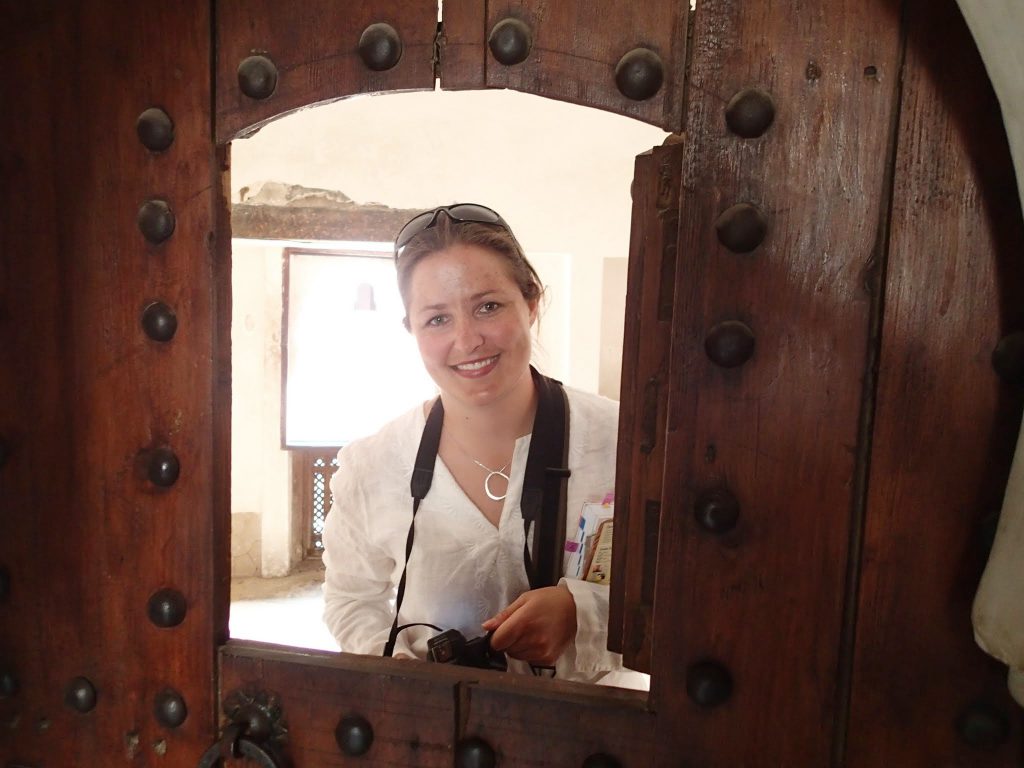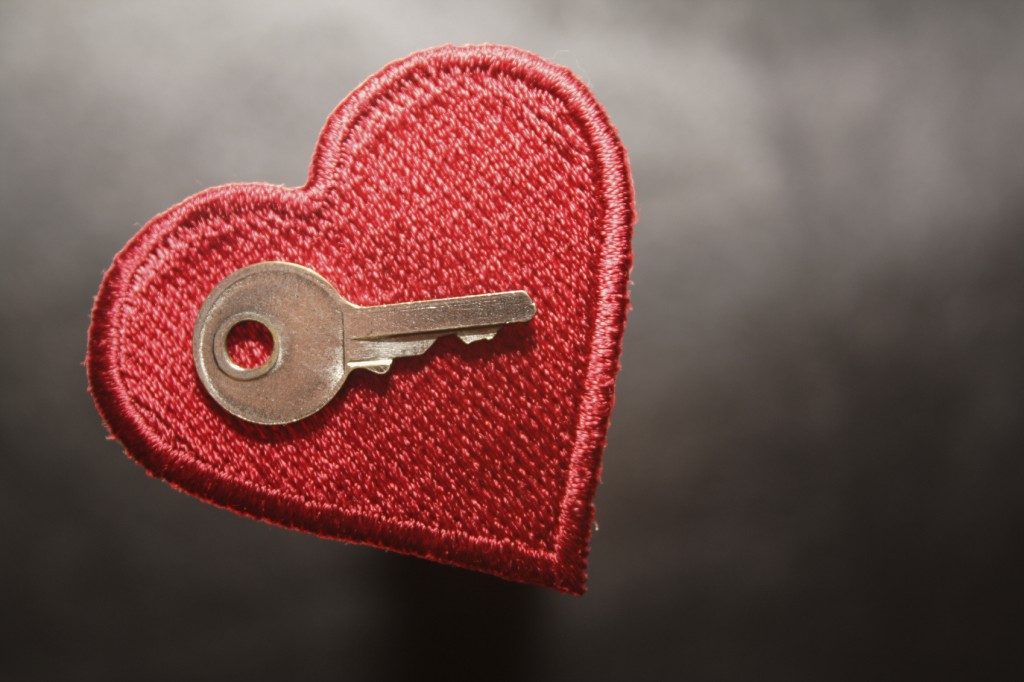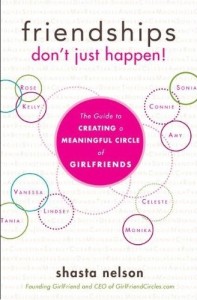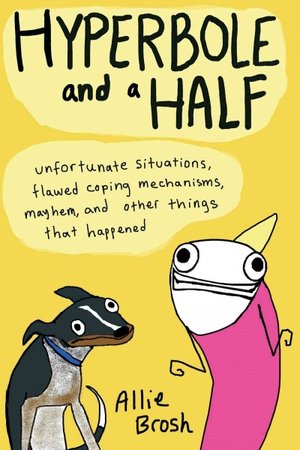Happy Holidays!
Except when they aren't.
For many, this year won't live up to the Christmas dream.
This time of year the expectations are raised so high that we are ever more acutely aware of what we don't have, who's no longer with us, and how imperfect our family can look. While it's one of my favorite times of year, research shows us it's also one of the hardest and most stressful. Loneliness sky-rockets, heart-attacks are more frequent, exhaustion is more prevalent, and finances feel most strained.
When I used to pastor churches I was acutely aware that the holidays were some of the hardest times for many in my congregation. This time of year--with the huge emphasis placed on family, travel, and being together--serves as a mile-marker that can highlight who we have lost in recent years or fear losing in the year to come. For many it was their first Christmas without a specific loved one. For some it was a reminder that they didn't have any family. For others who were suffering with pain, age, or uncertain health prognoses it was a time of wondering if this would be their last Christmas season. And for still others, this holiday will be spent around hospital beds as sickness, accidents, and heart-attacks are known to ignore calendars.
Even without tragedy and loss, the picture of a Norman Rockwell family holiday can seem more rare than normal. Many don't have the money or time to travel to be with family, others don't want to be with their family, and still others will go but will feel like they can't always breathe through their family dysfunction and dynamics. We find ourselves wishing that we had the soul mate we've been looking for, the baby we have been trying to have, or the divorce that we can't bring ourselves to initiate.
The Hallmark commercials showing the whole family coming home with grand kids, happy hugs, and big meals often leave us feeling like we've been robbed this illusive experience. It's hard to always feel happy when the bar gets raised.
Add to all of this the gazillion extra things we take on: shopping, holiday cards, cookie bakes, kids concerts, company parties, extra spending, shipping lines, childcare during school breaks, decorating, and all the extra activities that help us get into the spirit of the season.
Yes, I was very careful what I said up front during the holiday season to a church full of tired-looking people. For as much as we want to just say "Happy Holidays!"-- saying it doesn't always make it so.
Love's Blessing For You
This season I want to anchor us in something that we can all exude regardless of the losses, stresses, and disappointments that are sure to be there, too.
So for all of you, my GirlFriendCircles.com community, whether your weariness comes from planning the perfect holiday or whether you're mourning the holiday that won't be this year-- I invite you to a moment of rest.

"Come to me all who are weary and I will give you rest."-- Jesus, the Love we celebrate this season
You're weary. I can see it. I know it. You weren't created to feel this anxiety, panic, stress, or fear. For one moment, can you release it, or hold it more loosely? Can you hold all your stress in your hand and symbolically open your fingers to remind yourself you don't have to cling to it? You don't have to grip it so hard. Do you see it there in your hand? Outside of you? It's not in you... you choose what to inhale. But see this stress in your hand and know that you can choose what you hold, or at least how you hold it. Take another deep breath. And let it out.....
You were created to feel loved, be loved, and give love. And that you can do without dollars in your bank or extra time in your day.
Rest from your unmet expectations.
Rest from your fears.
Rest from your ache.
Rest from your sense of alone-ness.
I invite you, in this moment, to inhale love, and to exhale worry.
I invite you, in this moment, to name something you're grateful for in your life.
I invite you to look around and whisper "In this moment, I have everything I need. I really do."
I invite you to put your hand on your heart and say "I am deeply and fully loved." Because you are.
You can be love even when you're lonely. Release the picture of what you think you need before you can feel loved. Let go of the limitations you've placed on what form it can take. Be gentle with yourself and know that there is no shortage of love for you.
You are love. You were created in the image of Love. We so often forget, but today we can remember it. Remember that we are love.
Today, let our actions be connected to our love. Let's make sure that the things on our to-do list come from a place of love. And stay in a place of love.
- Rather than bake cookies because we have this picture of ourselves as having to live up to Martha Stewart, let's bake cookies as an expression of love.
- Rather than sit next to a hospital bed with fear and regret, let's stay in the place of love.
- Rather than bemoan the family that isn't, let's find others to love.
Let's reach out and tell a far-away friend that we love them. Let's find a moment to remember that we love ourselves. Let's think of someone we know who might be hurting this holiday and drop a card in the mail. Let's love.
Girlfriends, our lives may not feel perfect, happy, and perky this season. Jolly and merry may not be within reach. But love is already in us. We can love no matter what. Let's be women of love-- women who exude love, women who receive love, women who give love.
May our Christmases be centered around love, no matter the circumstances. With tons of love for you! Hugs!!!



 recover, but water gets boring after a while! For $14 send her a fun new way to get her fluids down! And for another $8 you can add a recipe book filled with
recover, but water gets boring after a while! For $14 send her a fun new way to get her fluids down! And for another $8 you can add a recipe book filled with 
 Pick out a fun coloring book to go with it and now they have something fun and creative to do while they heal. (This one is
Pick out a fun coloring book to go with it and now they have something fun and creative to do while they heal. (This one is 
 I am someone who loves to wear something that reminds me I am loved and that inspires me as I keep on the journey. This $34 bracelet says
I am someone who loves to wear something that reminds me I am loved and that inspires me as I keep on the journey. This $34 bracelet says  tired of sleeping... an audio book may be the perfect distraction!
tired of sleeping... an audio book may be the perfect distraction!
 faster but it certainly may help her feel more whole! My hair gets so greasy that I'd need a can by my bed! Here's my
faster but it certainly may help her feel more whole! My hair gets so greasy that I'd need a can by my bed! Here's my 







